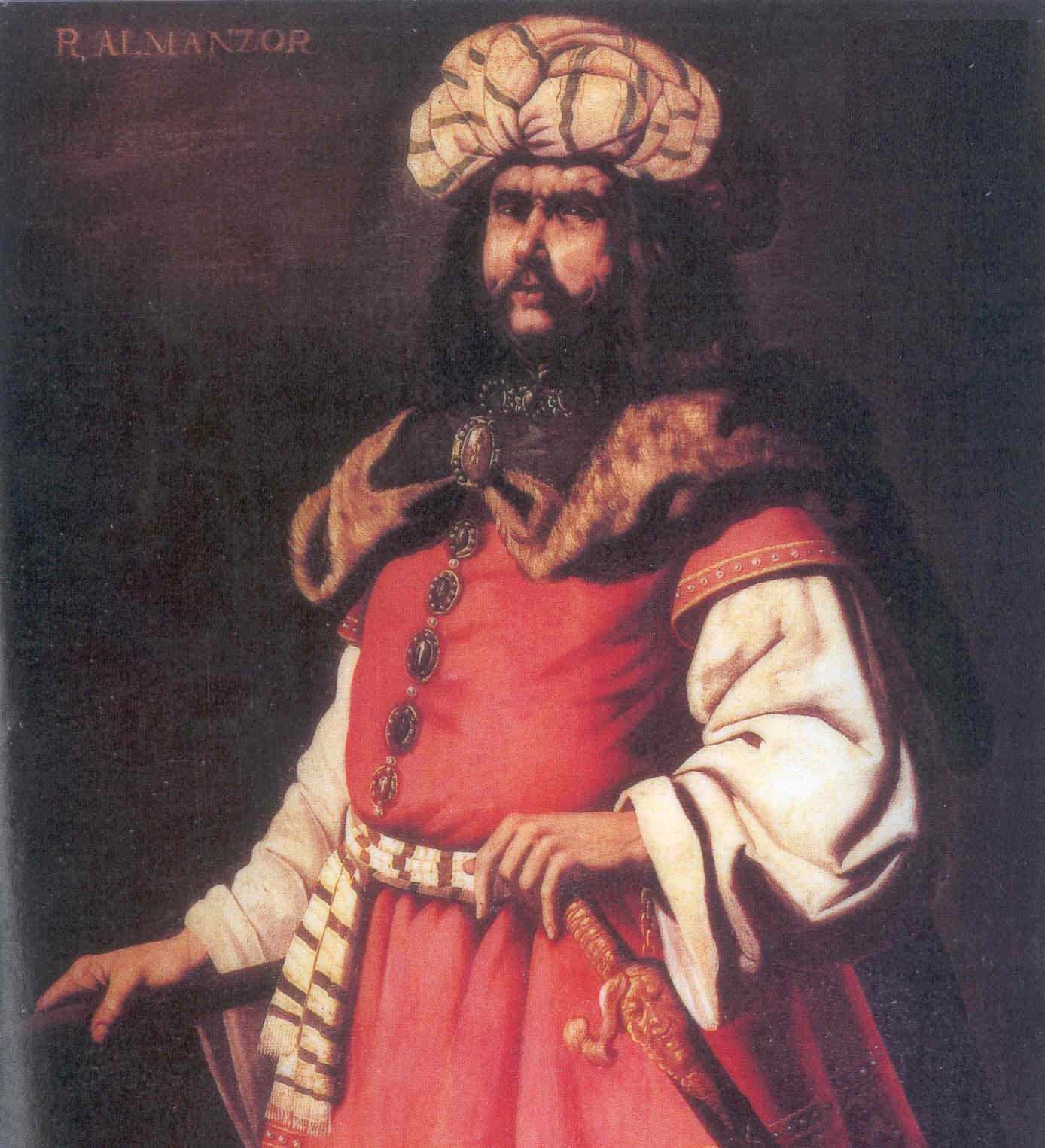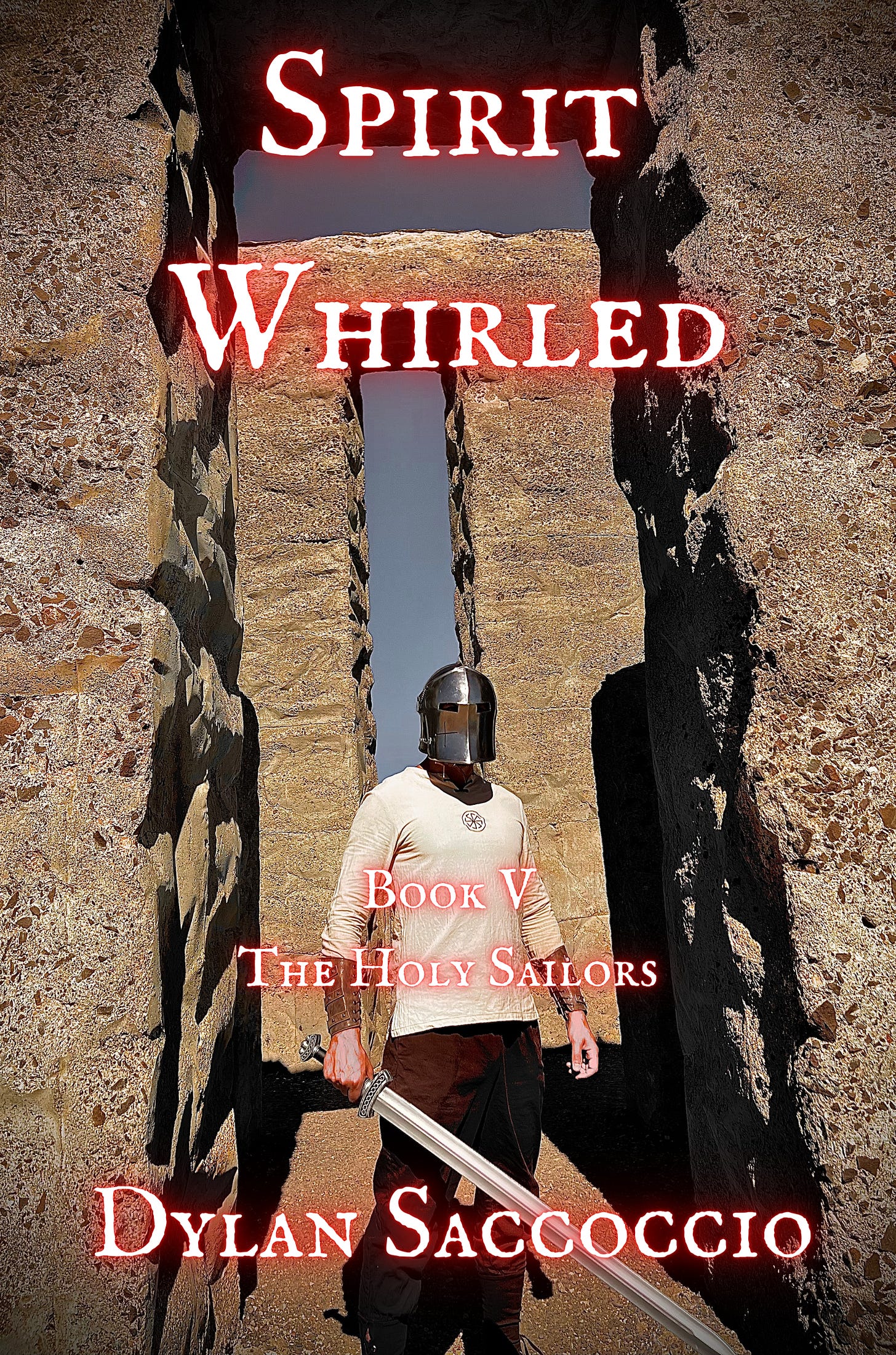Fresh Batch #106: Hieroglyphics and the Origin of Letters
Origin & Progress of Writing By Thomas Astle Part 1
The Origin & Progress of Writing by Thomas Astle is a great resource for those who have the time and leisure to read, but for those who don’t, I will be provide citations from it that are beneficial and that could find their way into my future work for reference.
Introduction
“The noblest acquisition of mankind is speech, and the most useful art is writing. The first, eminently distinguishes man from the brute creation; the second, from uncivilized savages.” - Thomas Astle (Ib. i.)
“The practice of writing is of such remote antiquity, that neither sacred nor profane authors give any satisfactory account of its origin; it has been so long known and used, that few men think upon the subject; so inattentive are we to the greatest benefits from their having been long enjoyed.” (Ib. ii.)
“Many events have contributed to deprive us of a great part of the literary treasures of antiquity. A very fatal blow was given to literature, by the destruction of the Phœnician Temples, and of the Egyptian Colleges, when those kingdoms, and the countries adjacent, were conquered by the Persians, about three hundred and fifty years before Christ.” (Ib. v.)
It’s curious how the destruction of these edifices is attributed to Persians, yet if you look at the control system that took over shortly thereafter, it is the Therapeutic Monks from Egypt, educated and trained in the college of Alexandria. Perhaps they used the chaos to make their move or perhaps the story of Persians destroying the temples and libraries is a priestly invention by those who really did it.
The link of learning between Egypt and Italy is claimed to be a result of Pythagoreans, which I don’t deny, however, what if there is a much stronger relationship and the destruction of the Pythagorean schools in Italy is to cover up the history of Italy, which tells a much different story than what those in power on the other side of the destruction claim?
The destruction of Ptolemy’s library at Alexandria by Saracens in 642 AD has some legendary details, and I cannot accept it as it is without supporting evidence, but there are many accounts of rulers destroying manuscripts with religious tones as the pretext, but a destruction of history and Truth underneath it. “Amrus wrote to Omar, the Caliph, to know if his request might be complied with; who returned for answer, that ‘if the books he mentioned agreed in all points with the Book of God (the Alcoran), this last would be perfect without them, and consequently they would be superfluous; but if they contained any thing repugnant to the doctrines and tenets of that book, they ought to be looked upon as pernicious, and of course should be destroyed.’ As soon as the Caliph’s letter was received, Amrus, in obedience to the command of his sovereign, dispersed the books all over the city, to heat the baths, of which there were 4000; but the number of books was so immense, that they were not entirely consumed in less than six months. Thus perished, by fanatical madness, the inestimable Alexandrian library, which is said to have contained at that time upwards of five hundred thousand volumes; and from this period, barbarity and ignorance prevailed for several centuries.” (Ib. p. vii.)
“The ancient fragment of the 91st book of Livy, discovered by Mr. Bruns, in the Vatican, in 1772, was much defaced by the pious labours of some well-intentioned divine.” (Ib. ix.)
“Thus, it appears, that more of the works of the ancients have perished, than have reached us.” (Ib. ix.)
Again, it is curious how the near east philosophy of the Greeks was introduced to Europe by those who destroyed so many writings according to Astle. He wrote (Ib. p. xii), “The Arabians or Saracens, whose wild and barbarous enthusiasm had destroyed the Alexandrian library in the seventh century, were the first people who were captivated with the learning and arts of Greece; the Arabian writers translated into their own language many Greek authors, and from them, the first rays of science and philosophy began to enlighten the western hemisphere, and in time, dispelled the thick cloud of ignorance, which for some ages had eclipsed literature.”
How could they be captivated by that which they allegedly destroyed?
Perhaps that which is being foisted upon us as Greek literature is also a priestly invention that had nothing to do with the ancient Greeks. It is hard to dismiss how the English translations seem to fit the prose so accordingly, almost as if they were written in English first and then translated to Greek.
Apparently the Caliph Almanzur’s grandson Almamun obtained copies of the best books from the Greek Emperors, which were translated by the Arabian literati. Astle continued (Ib. p. xiii), “It will hereafter appear, that it was from the Arabians that these western parts became first acquainted with the Greek philosophy; and from them, several branches of science were introduced into Europe as early as the ninth century, and even into Britain before the end of the eleventh, in which, and in the three succeeding centuries, several Englishmen travelled into Arabia and Spain, in search of knowledge; amongst others, Adelard, a Monk of Bath; Robert, a Monk of Reading; Retinensis, Shelly, Morley, and others, of whom mention is made in the seventh chapters.”
Again (Ib. p. xvi), “The taking of Constantinople, by the Turks, in the beginning of the fifteenth century, was an event which contributed to the general restoration of learning; at that time many learned Greeks fled for protection into Italy and Germany, where they were kindly received, and where they diffused science with great success.”
“The chair of St. Peter was in the 15th and 16th centuries filled by several Pontifs, who successively protected learning and learned men. Nicholas V. Pius II. Leo X. Clement VII. and Sixtus V. will be remembered with gratitude by posterity, for the patronage they afforded to literature.
“The first of these, may be considered as the founder of the Vatican library at Rome; the others were considerable benefactors to it, and by their industry and influence, greatly enriched that inestimable repository; and many of the succeeding Pontiffs, have with great success, followed their example.
“The Vatican library is divided into three parts. The first is public, and every one has access to it at different hours upon certain days; the second is kept with more privacy; and the third is only to be seen by persons of certain distinctions, or by those who have express permission for that purpose: this is called the sanctuary of the Vatican.”
Astle wrote (Ib. p. xxiii), “The History of Writing in England is very copious, and a great number of authentic documents are engraven for the information of our readers. The writing which prevailed in this island from the time the Romans left it, till the Norman Conquest, I have divided into five kinds, namely, Roman Saxon, Set Saxon, Running-hand Saxon, Mixt Saxon, and Elegant Saxon; from this last descended what hath been called the Monkish English; a species of the writing usually termed Modern Gothic, which was peculiar to this kingdom.”
Again (Ib.), “William I. introduced into this country corrupted Lombardic letters, which before his time had prevailed in France, Italy, Spain, Portugal, and some other parts of Europe; this hath been called by us Norman Writing, and was generally used in England for Grants, Charters, and Law-proceedings, more than two centuries and a half after the Conquest: many specimens of Norman writing, are given in the twenty-third, and in the two following plates.
“From the twelfth century, till after the invention of Printing, the Ecclesiastics in this country, as well natives as foreigners, used the Modern Gothic characters, when they wrote the Latin language; which characters were generally used by the Ecclesiastics and Schoolmen in most parts of Europe.”
I wrote in A Godsacre for Winds of the Soul (click the image), “The English we speak today is a blend of the Norman and Saxon languages. When animals are in the wild, or alive, they retain the Saxon names. But once they’ve been harvested and served to the table, they go by Norman names. Thus you have the Saxon names like cow, steer, and ox, but once on the table that meat is called beef. While alive, a pig was called swine in Saxon but reverts to the Norman word pork once on the table. In the same pattern, calf (Saxon) becomes veal (Norman), sheep (Saxon) becomes mutton (Norman), deer (Saxon) becomes venison (Norman), and fowl (Saxon) becomes pullet (Norman).”
SPOILER ALERT: Astle concluded on p. 47, “Upon the whole, it appears to us, that the Phenicians have the best claim to the honour of the invention of letters.”
To learn about the Etrusco-Phoenician origin of the British tongues, read The Holy Sailors (click the image). It will be revelatory for most of you.
Chapters 1 & 2 are covered in the rest of this article. Become a member to access the rest of it.
Keep reading with a 7-day free trial
Subscribe to Ancient History, Mythology, & Epic Fantasy to keep reading this post and get 7 days of free access to the full post archives.







